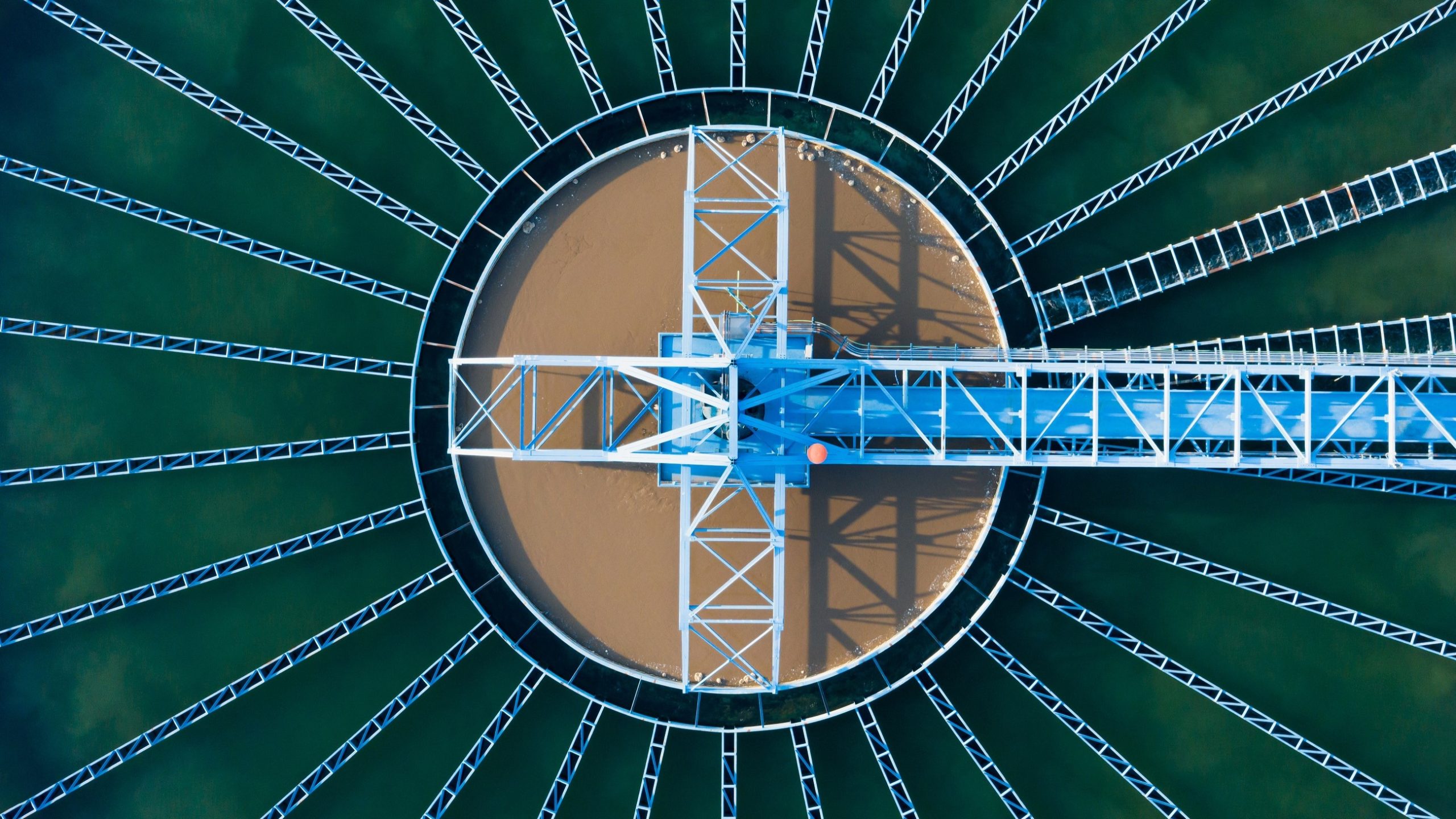
As we mark World Water Day, Richard Whale, Global Market Director for Water at AtkinsRéalis, looks at the challenges we face to ensure the security and supply of the world’s most precious resource, and how we embed resilience for future generations.
With approximately one quarter of the global population unable to access safe drinking water and nearly half going without adequate sanitation services, or basic handwashing facilities, now more than ever society requires a paradigm shift in how we value water and enhance the resilience of our ageing infrastructure to deal with the impact of climate change.
World Water Day brings these issues into sharp focus, and promotes a constructive dialogue regarding how governments, society and our regulatory frameworks are waking up to decades of under-investment, and the intrinsic role that water has in sustaining life and facilitating economic growth.
After decades of under-investment in parts of Europe and North America, I believe that we are turning a corner and that we will start to see much higher levels of investment in our critical water services throughout the Western world.
For instance, in the UK we observe companies, regulators and governments uniting around the real challenges associated with river pollution and the investment required to address the problem. Earlier this month, the World Economic Forum also convened the first meeting of its new water sector group. This multi stakeholder leadership group, attended by AtkinsRéalis is creating an opportunity to develop a new vision and framework for the future of the sector, aligning with the sustainable development goals set out by the United Nations.
In regions such as the Middle East, innovation is finding affordable investment solutions for the provision of water and agricultural services in desert environments – enabling new cities to thrive and place-led growth to succeed.
Also, the historically apathetic public are now raising their concerns and demanding better infrastructure and pressing for improved more reliable services. In the UK we anticipate OFWAT, the economic regulator, to approve a three to four-fold increase in capital investments of the next five years. As an industry, I believe we are responding to the emerging resilient needs of future generations.
Embedding resilience in our water infrastructure
While there is no easy route through to achieving resilience, exploring strategies and technologies that enhance the resilience of water infrastructure – such as green infrastructure, decentralized systems, or integrated water management approaches – allows us to adapt effectively to changing conditions.
Data and technology has a pivotal role to play: Building information modelling (BIM), cloud and emerging technologies (including AI) can help extend the life of ageing plants and improve the management of water infrastructure by building greater insight of asset health. Through the use of digital twins we can predict asset failure before it happens and so move to prevent it.
The use of AI has great potential in this area since adding a new dimension to future flood risk detection. We are involved with nationwide studies where the AI can ‘learn’ using previously completed modelling instead of just historical data and predict the flood risk for more complex areas with multiple risk factors.
Elsewhere, the world’s first carbon neutral waste treatment plant is being developed by Severn Trent Water in Staffordshire, UK. For the first time, the most promising technologies will be integrated on one site to reduce and remove carbon from process emissions – by far the biggest emitter of harmful GHG. The scheme once commissioned shall eradicate 34,000 tonnes of carbon per year, which is equivalent to a person flying return between London and New York, 34,500 times.
The site will also feature digital twin technology which will allow Severn Trent to optimise the plant, observe its interdependencies and automatically apply learnings to optimise treatment plant operations.
Simplifying complexity to create resilience
Despite the anticipated increased levels of investment, the demand arising from climate change, population growth and ageing infrastructure – affordability challenges shall remain, and prioritization of investment remains critical.
The solutions we promote as an industry can’t just focus on traditional project objects of time, quality and cost. Taking a holistic consideration of all stakeholder requirements, whether they be societal, environmental, economic, or engineering is becoming increasingly important, but undoubtedly adds further complexity.
The question is how we can address that through greater use of digital tools and strategies. We believe connecting people, data and technology simplifies the relationships between all of the different factors. So by simplifying complexity and being clear on target project outcomes, we’re able to bring forward insight, enabling clients to make more considered decisions earlier in the project lifecycle, thus enabling better prioritisation and optimised investment decisions.
Time to think differently?
There needs to be a clear focus on water resilience as a comprehensive approach to adapt to climate change that includes engineering resilience in water supply infrastructure, with more integrative and ecologically focused approaches and technologies, and a new collaboration model.
A proactive approach is required but only by working together on a global level can we hope to address the current challenges and ensure security and supply for this most precious and vital of resources – clean drinking water for the world – and create critical infrastructure that is both fit for purpose and future proof.
Richard Whale Bio:
Richard Whale is the Global Water Market Director for AtkinsRealis and is celebrating his 24th anniversary with the company this month. In his earlier career, he worked for a local authority in North Wales where he worked alongside local residents and key stakeholders to mitigate the effects of flooding. This has had a profound effect on his outlook and he insists that the engineering solutions promoted by AtkinsRéalis enable clients to deliver affordable high quality infrastructure to their customers.




